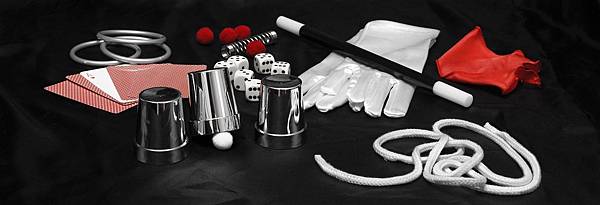
In the last post, I introduced my version of the …
“IELTS Ten Super Instant Easy Everything Magic Book”.
I hope that, by now, you get the point. There is no such book, and every book that follows the eight ‘magic book’ rules is a book you should avoid. And there are so many books like this now, since the authors can make easy money. But do you really want to use your money and time (and risk your IELTS mark) in this way? Think carefully.
This does, however, raise the issue of what books you should buy. Basically, buy any IELTS book produced by Western publishing companies. These books will break all the ‘magic book’ rules, which basically means they are REAL IELTS books. For example, they will be written in English, and the authors will have real credentials, and the books will follow modern teaching practices. A follow-up rule is to avoid EVERY book written in Chinese, and which originates from Taiwan or China.
But what about my IELTS books, and I have written six of them. Are my IELTS books ‘IELTS Magic Books’?
Well, check out the links (Teacher Andrew’s IELTS Books), and you will see that my books are called:
- IELTS Reading
- IELTS Speaking
- IELTS Writing Task One
- IELTS Writing Task Two
- IELTS Test Practice Book 1
- IELTS Test Practice Book 2
Hmmmm. I’m using intelligent and honest titles. Well, that breaks the ‘Magic Book’ Rule 5. And on the back cover, the books read …
This Practical IELTS Strategies Book is above all (as the name suggests) practical and strategic, giving a clear and achievable framework to maximising your score in the IELTS [specific skill] test.
Hmmmm. I’m making an intelligent and realistic claim. So, that breaks ‘Magic Book’ Rule 6. In fact, to cut a long story short, my books break all the eight ‘magic book’ rules. My IELTS books …
- are written in English (so that they develop your English skills),
- are full of exercises to be done (to also develop your English skills),
- constantly presents material and exercises which demand the readers to think,
- are full of specific, realistic, and meaningful advice, requiring the reader to do something,
- have honest titles,
- have honest claims about the effectiveness of the books,
- have listed the solid credentials [Please click on that term] of the author – credentials which are real (!), and which no one else has,
- are written by someone who has a very good idea of what they are writing about, and is very aware of the consequences that bad advice can give.
But my books are not magic books. My books don’t treat the readers like idiots, or insult their intelligence, but actually teach the readers and help them maximise their score in the IELTS test.
My IELTS books are real.
Find the meaning of the underlined words, also repeated below.
- to cut a long story short (v)
- solid (adj)
- credentials (n)
- to treat sb. like an idiot (v)
- to insult sb.’s intelligence (v)
The three verbs given above, showing idiomatic use, are very good for IELTS Speaking – but idiomatic use of English particularly needs appropriate use. Click Idiomatic Vocabulary for more information about this.